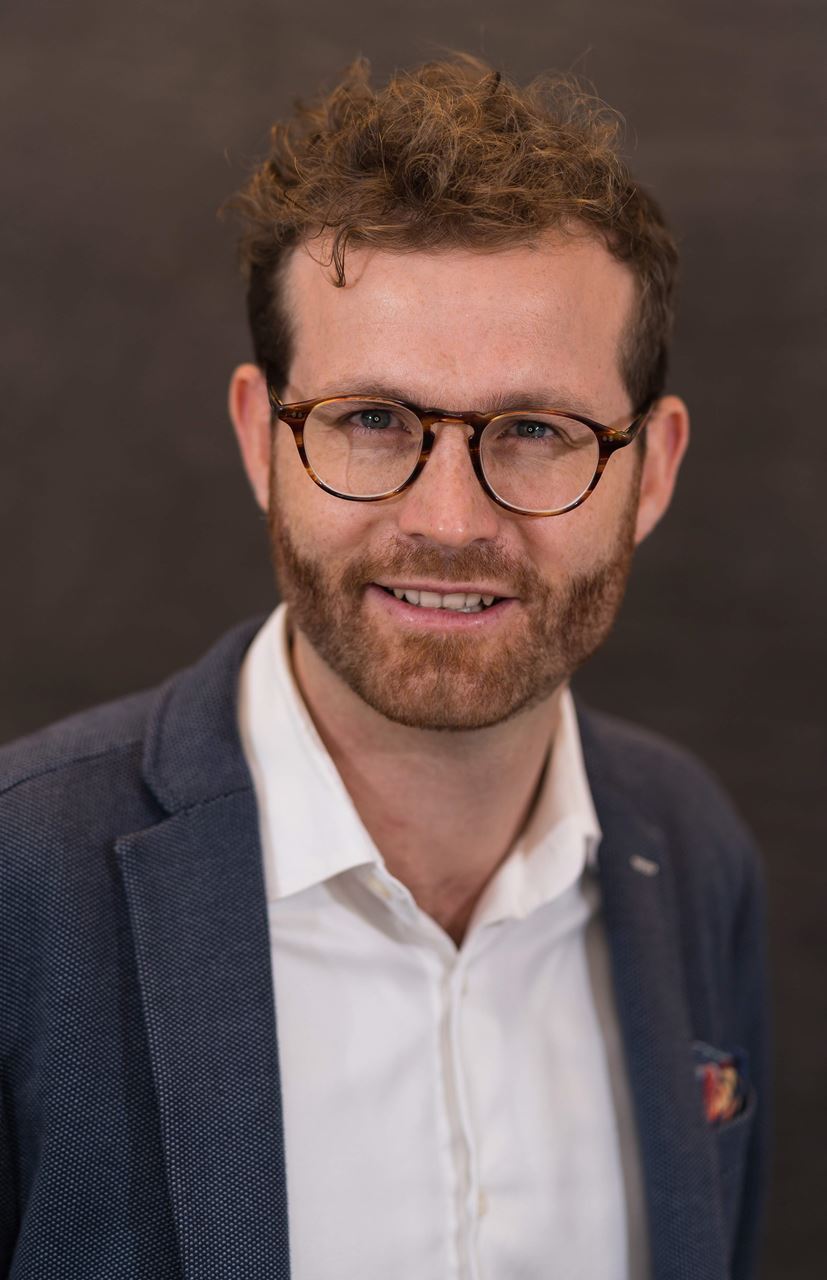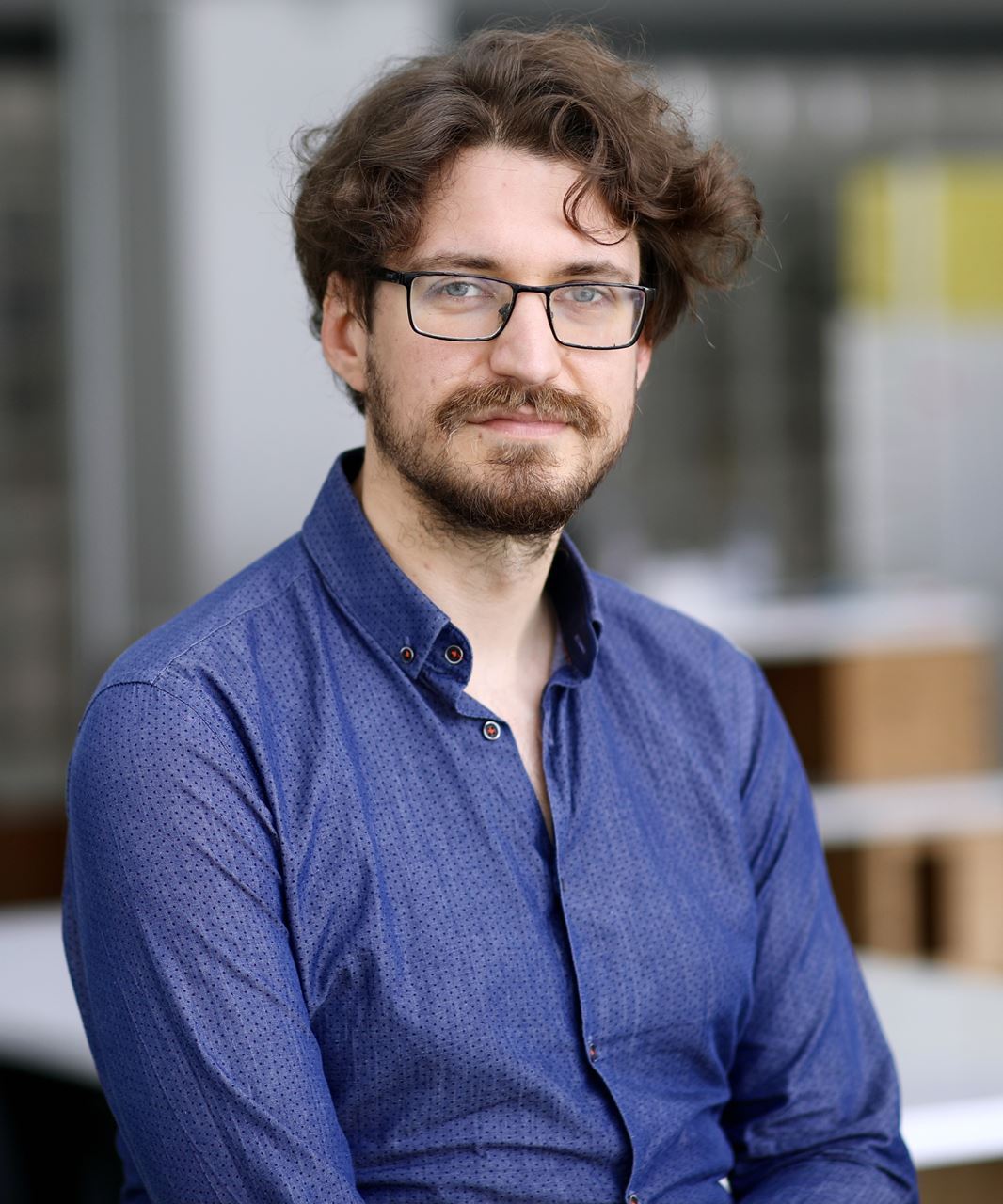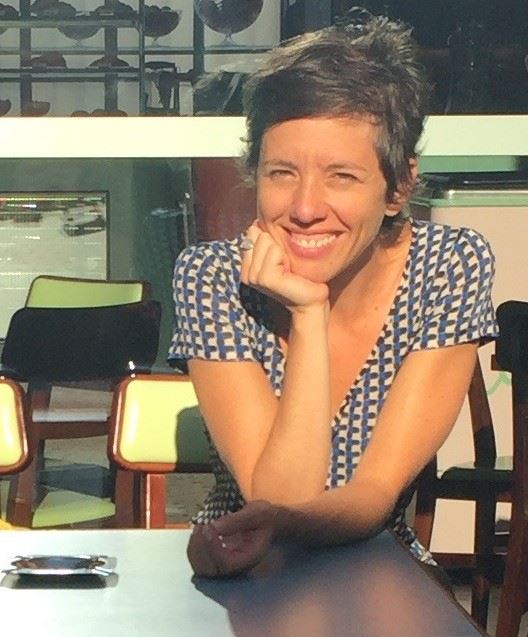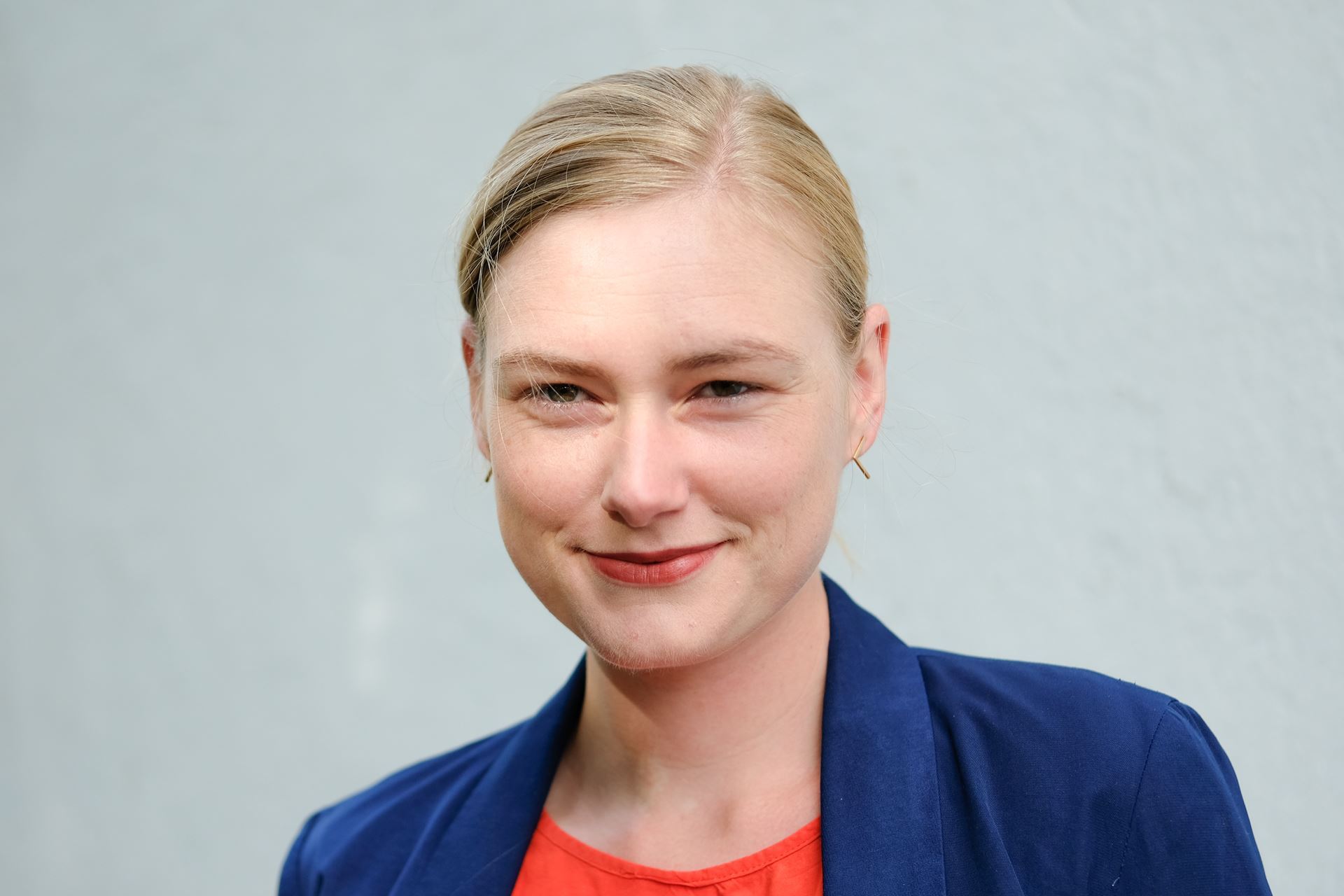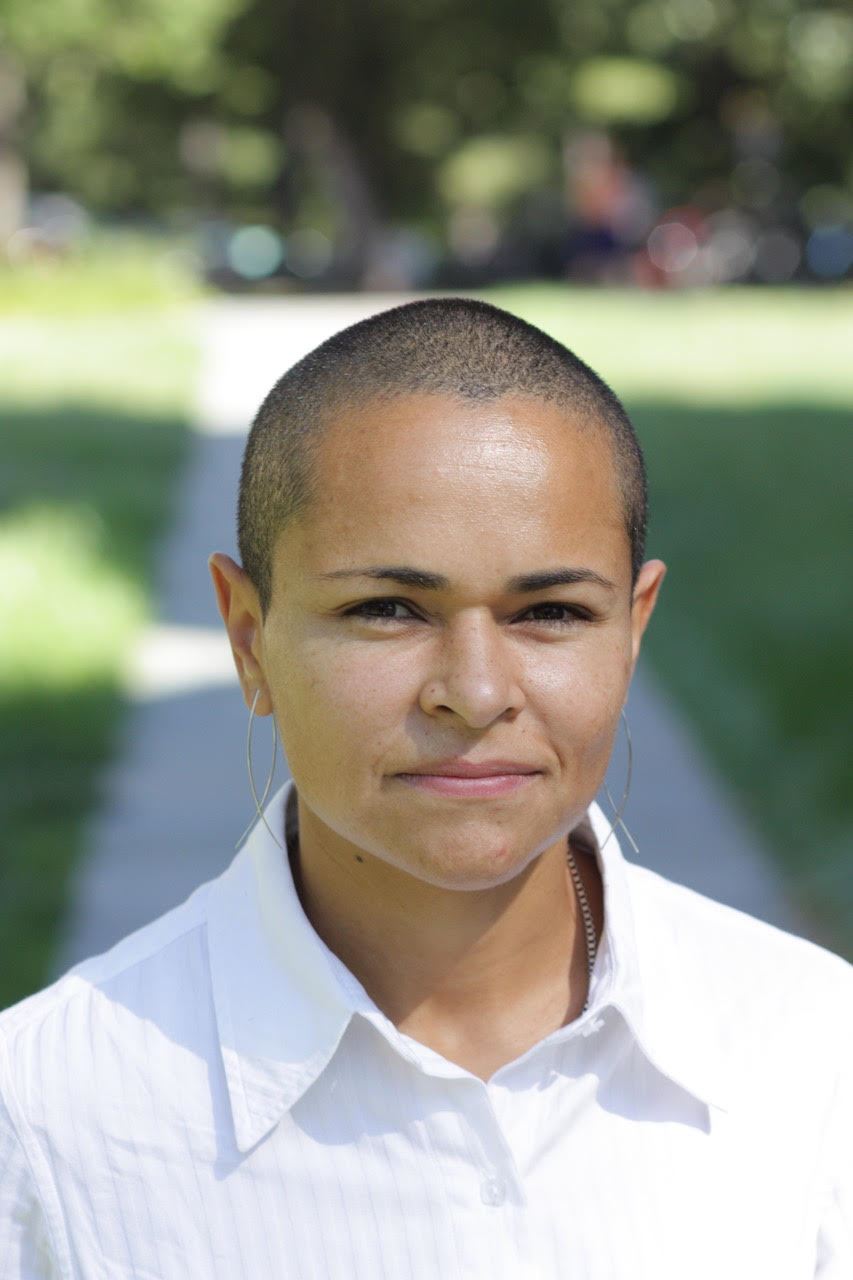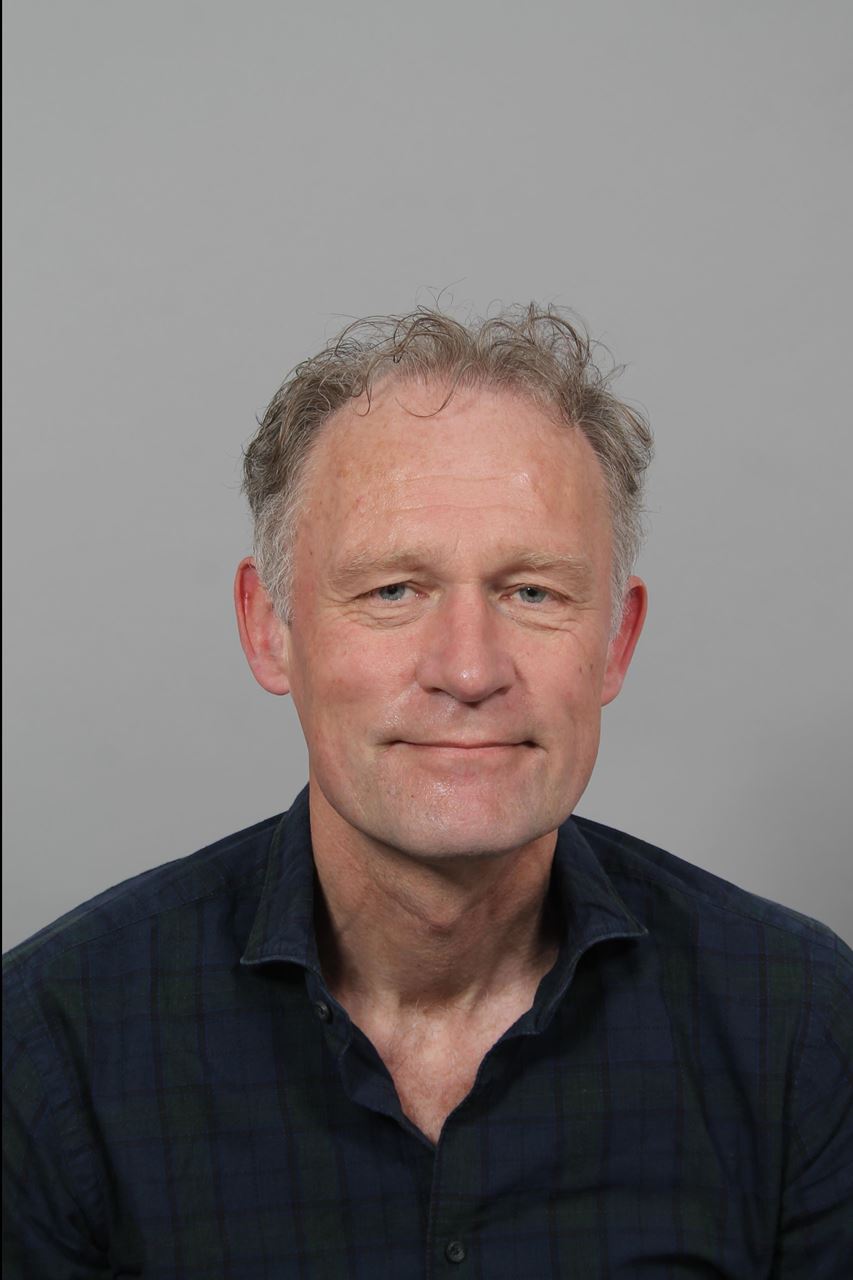Current officers |
| N. Emrah Aydinodat
|
| Tyler DesRoches
|
| Malte Dold
|
| Catherine Herfeld
|
| Jennifer Jhun (Treasurer)
|
| Guilhem Lecouteux (Secretary) |
| Chiara Lisciandra
|
| Magdalena Małecka
|
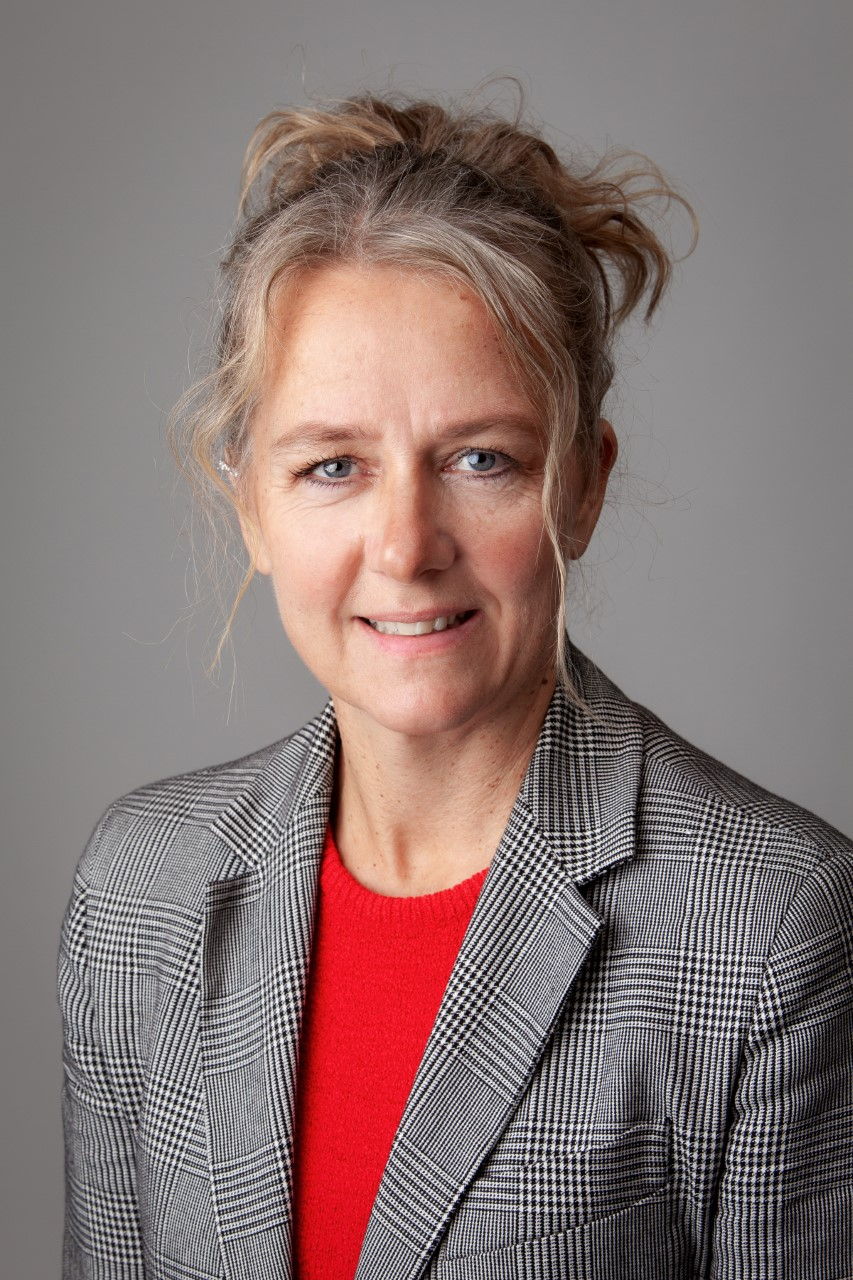 | Esther-Mirjam SentEsther-Mirjam Sent is a professor of Economic Theory and Policy at Radboud University in the Netherlands. Her research interests include behavioral economics, experimental economics, and economic policy as well as the history and philosophy of economics and the economics of science. Particular points of interest are bounded rationality, emotion, and gender. Esther-Mirjam Sent has studied and worked in the United States. She obtained her doctorate from Stanford University in 1994, under the guidance of Nobel prize winner Kenneth Arrow. Since 2011 she also serves as a member of the Dutch Senate. |
| Johanna Thoma (President)Johanna Thoma is a professor and chair of ethics at the University of Bayreuth philosophy department, where she helps run the department’s flagship Philosophy&Economics programme. Prior to joining Bayreuth in 2023, she was an Associate Professor at the London School of Economics. She received her PhD from the University of Toronto in 2017. Johanna has published widely in economic methodology, decision theory, moral and political philosophy, and philosophy of public policy. Her current core research interests are attitudes to risk (their representation and normative significance), the methods of behavioural welfare economics, the science-policy interface, and dynamic and long-term decision making. |
| Melissa Vergara Fernandez
|
| Jack Vromen
|



